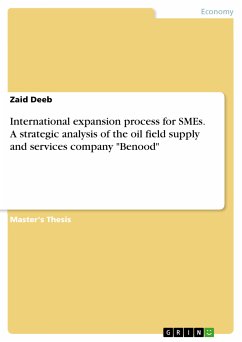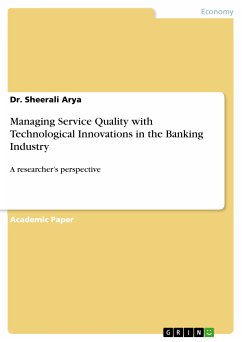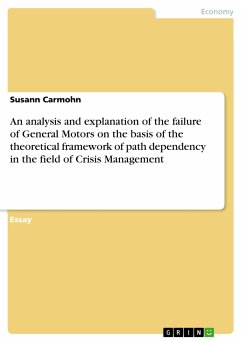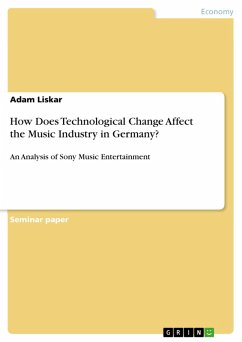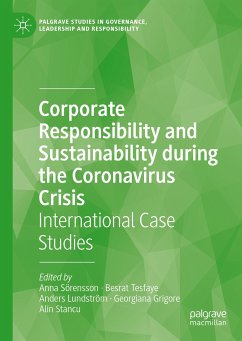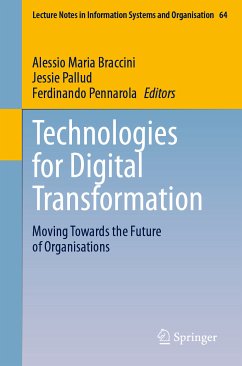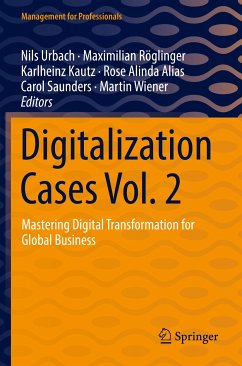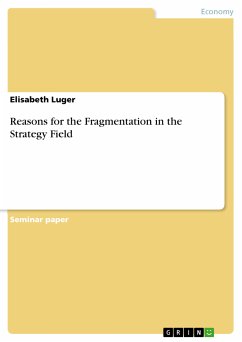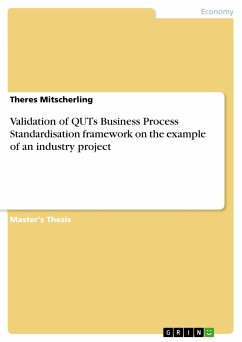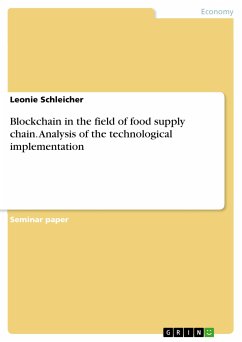
Blockchain in the field of food supply chain. Analysis of the technological implementation (eBook, PDF)
Sofort per Download lieferbar
Statt: 18,95 €**
16,99 €
inkl. MwSt. und vom Verlag festgesetzt.
**Preis der gedruckten Ausgabe (Broschiertes Buch)
Weitere Ausgaben:

PAYBACK Punkte
0 °P sammeln!
Seminar paper from the year 2022 in the subject Business economics - Business Management, Corporate Governance, grade: 1,0, University of Applied Sciences Stuttgart, language: English, abstract: This paper deals with the analysis of the technological implementation of blockchain in the field of food supply chain. Blockchain has long been more than just the technology behind the cryptocurrency Bitcoin. Rather, the technology is now considered the real innovation, which experts believe has the potential to change business models, governments, and even societies. Above all, it is increasingly com...
Seminar paper from the year 2022 in the subject Business economics - Business Management, Corporate Governance, grade: 1,0, University of Applied Sciences Stuttgart, language: English, abstract: This paper deals with the analysis of the technological implementation of blockchain in the field of food supply chain. Blockchain has long been more than just the technology behind the cryptocurrency Bitcoin. Rather, the technology is now considered the real innovation, which experts believe has the potential to change business models, governments, and even societies. Above all, it is increasingly coming to the public's attention because of its many possible applications. Basically, the blockchain is a public register that enables users to collaborate in a trustworthy and transparent manner. The blockchain system connects all participants in a peer-to-peer network, so no intermediaries are required. In addition to the financial sector, supply chain management is also mentioned in various publications as an important application area for the technology. The food supply chain in particular is increasingly coming into focus due to the increasing complexity and internationalisation of supply chains, as well as the demand for transparency on the part of customers against the backdrop of sustainability. The goals of blockchain technology in the food supply chain include optimising the international exchange of goods and its documentation, minimising the need for middlemen, traceability, and real-time localisation of products. Retail giants, such as Walmart and Carrefour, recognised the potential of the technology early on and rely on IBM Food Trust to map their own product portfolio as transparently as possible.
Dieser Download kann aus rechtlichen Gründen nur mit Rechnungsadresse in A, B, BG, CY, CZ, D, DK, EW, E, FIN, F, GR, HR, H, IRL, I, LT, L, LR, M, NL, PL, P, R, S, SLO, SK ausgeliefert werden.




